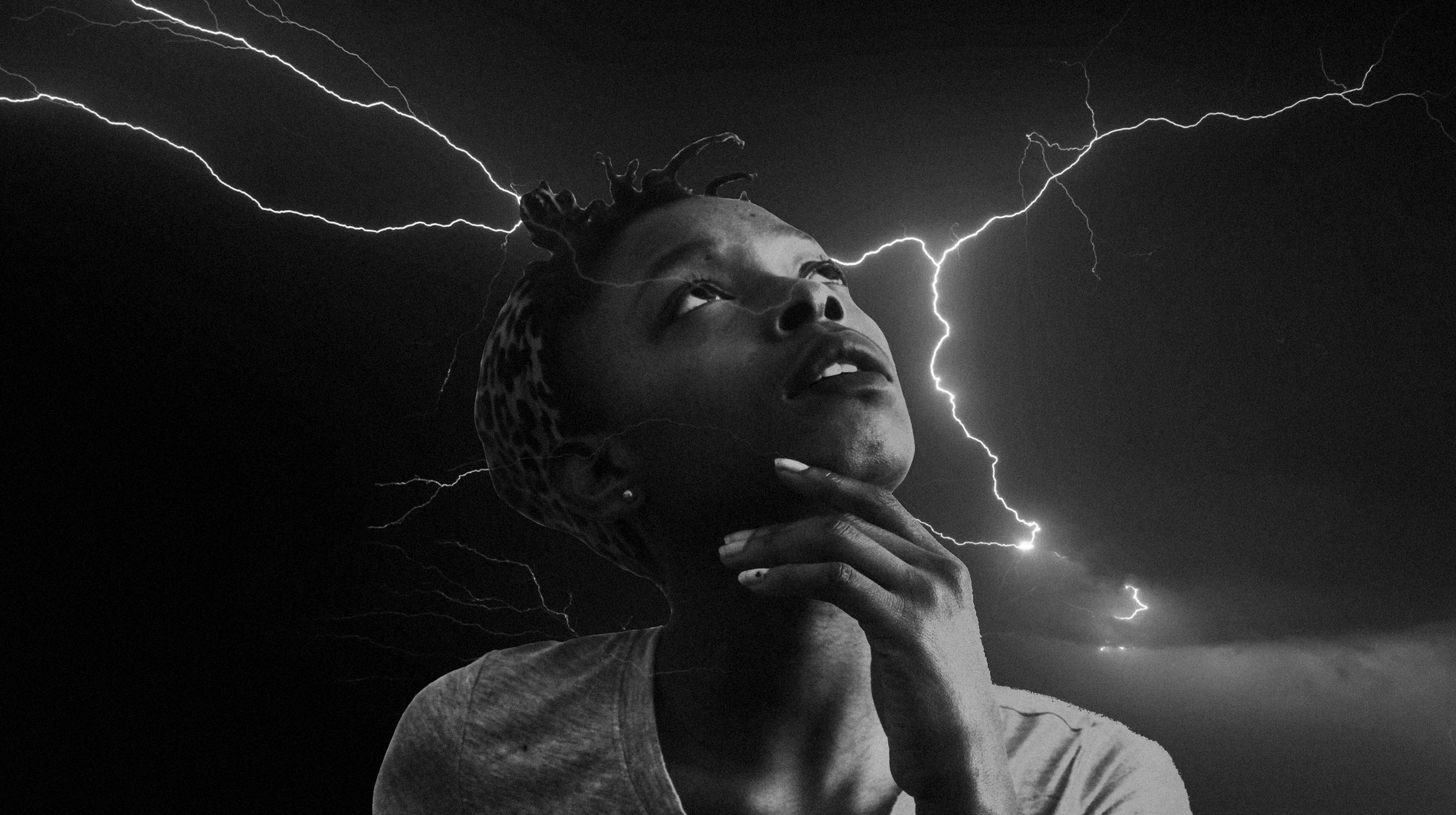medical research
The unfamiliar landscape of America’s medical past is marked by bizarre incidents, forgotten breakthroughs and selfless sacrifice.
Researchers make the case for “deep evidential regression.”
Vegans and vegetarians often have nutrient deficiencies and lower BMI, which can increase the risk of fractures.
These tiny fish are helping scientists understand how the human brain processes sound.
A new method is able to create realistic models of the human heart, which could vastly improve how surgeons train for complex procedures.
The bubonic plague ravaged the world for centuries, killing up to 200 million people.
Getting plenty of sleep just became even more important.
It’s a precautionary measure stemming from fears that mutated coronavirus strains may reduce the efficacy of future vaccines.
The researchers trained the model on tens of thousands of samples of coughs, as well as spoken words.
Researchers develop the first objective tool for assessing the onset of cognitive decline through the measurement of white spots in the brain.
Tea and coffee have known health benefits, but now we know they can work together.
Medicago is growing a SARS-CoV-2 vaccine candidate in a relative of the tobacco plant right now.
New cancer-scanning technology reveals a previously unknown detail of human anatomy.
Researchers explore the “complex web of connections” in your brain that allows you to make split second decisions.
An accident left this musician with one arm. Now he is helping create future tech for others with disabilities.
▸
8 min
—
with
A series of recent studies found that people with healthy levels of vitamin D were less likely to contract COVID-19 and suffer severe complications from it.
94 percent of men in the study have this mutation, which explains why men are more likely to die.
Andrew Wakefield turned away from science and to the tabloids to spread his fabricated data.
Techshot’s 3D BioFabrication Facility successfully printed human heart tissue aboard the International Space Station.
New research conducted on mice suggests repeated heavy drinking causes synaptic dysfunctions that lead to anxiety.
This could change how researchers approach vaccine development.
Researchers from the University of Toronto published a new map of cancer cells’ genetic defenses against treatment.
UNC School of Medicine researchers identified the amino acid responsible for the trip.
A team at the University of Basel discovered a connection between antidepressants and REM sleep.
Stewart is supporting a new bill that aims to extend health care and disability benefits to veterans who served alongside burn pits.
Psychedelics are going mainstream. Here’s your reading list.
Research from Ohio State finds that acetaminophen affects our emotions.
New prototype Petri dishes let ordinary scientists in on the advanced technology.
An active component of honeybee venom rapidly killed two particularly aggressive forms of breast cancer in a laboratory study.
The neurodevelopmental disorder has long baffled researchers.





























